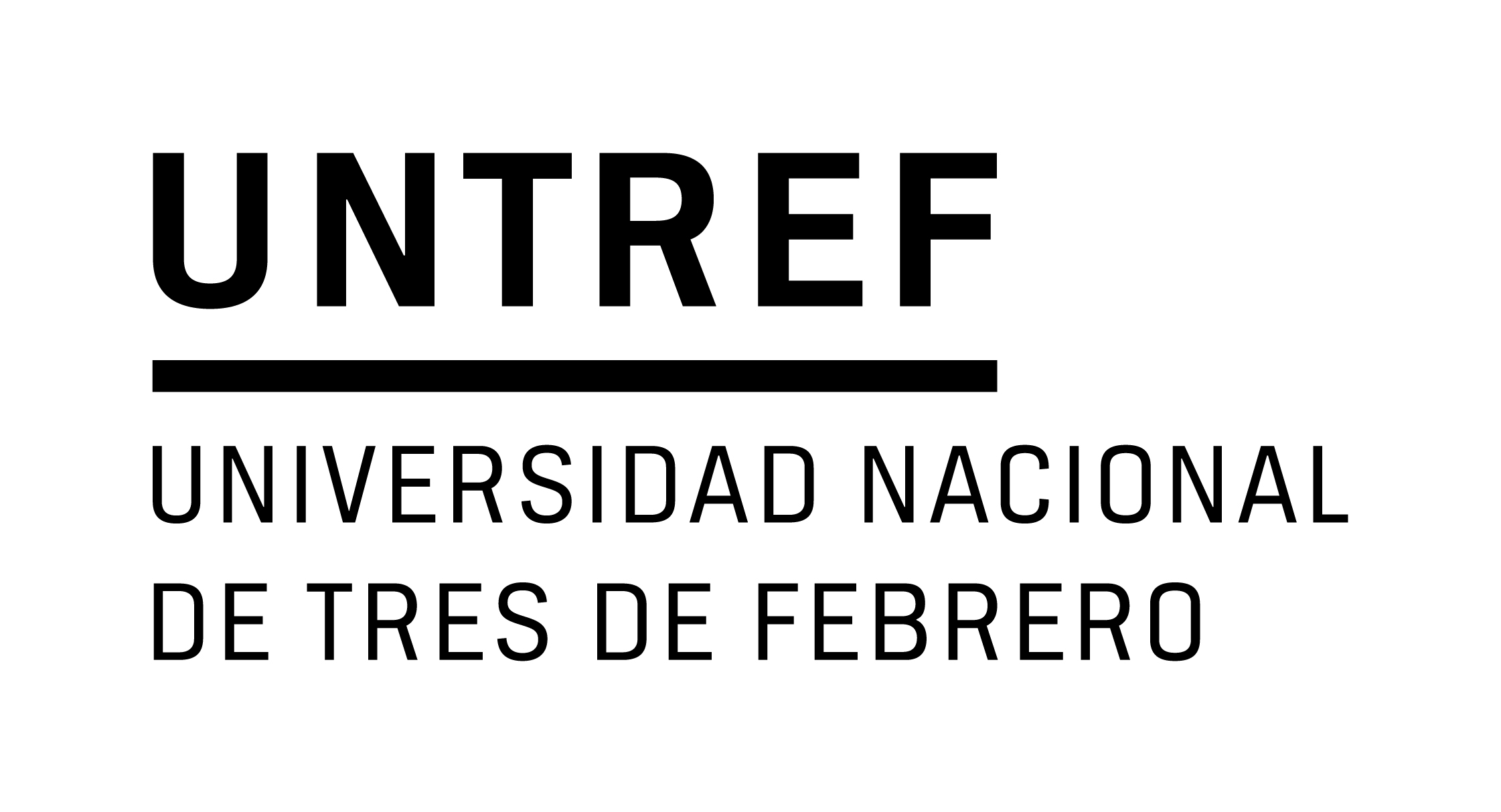Catholic nuns in transnational mission, 1528 - 2015
Por: OþBrien, Anne .
.
Tipo de material:  Artículo Tipo de portador: ImpresoTema(s): COLONIALISMO
Artículo Tipo de portador: ImpresoTema(s): COLONIALISMO| Tipo de ítem | Ubicación actual | Signatura | Info Vol | Estado | Notas | Fecha de vencimiento | Código de barras | Reserva de ítems |
|---|---|---|---|---|---|---|---|---|
| Publicación Periódica | Biblioteca UNTREF - Sede Posgrados | H94(100)/GLO (Navegar estantería) | Vol. 11, no. 3 (nov. 2016) | Disponible | CSR | 2.009580 |
From the Counter-Reformation to the present, women in a variety of contexts of colonization, decolonization, and slavery crossed the threshold from missionary congregation to missionary workforce to live in Catholic religious community. Comparative, transnational analysis provides insights from a variety of angles into the myriad local factors that fashioned their understandings of the relationship between the spiritual and material benefits so gained. Their experiences were uneven, shaped by the race, gender, and status politics of each ecclesiastical and secular context, by their usefulness to the wider missionary project and the state, and by shifts in ecclesiastical rulings that were prompted by changes in the Vatican's temporal status. In the later twentieth century, some became activists and advocates, using their symbolic power to work in the interests of women and poor people, and to reform the patriarchy at the core of the church.
